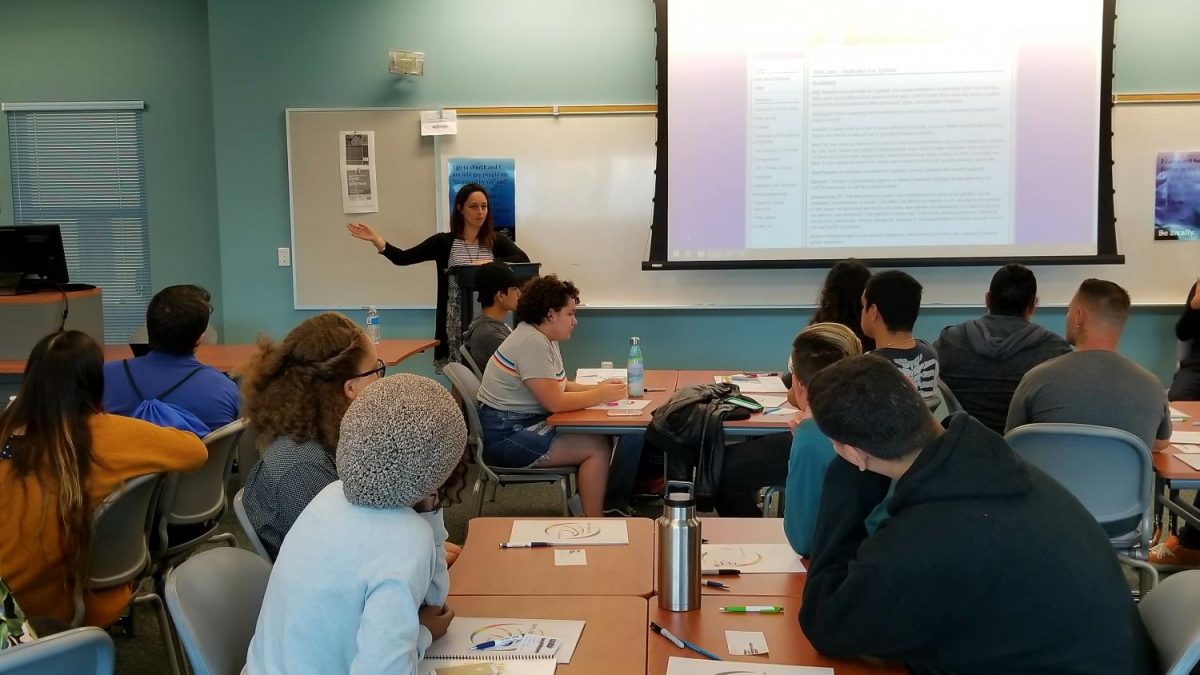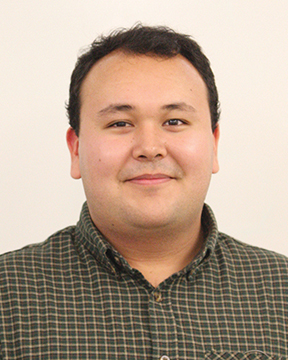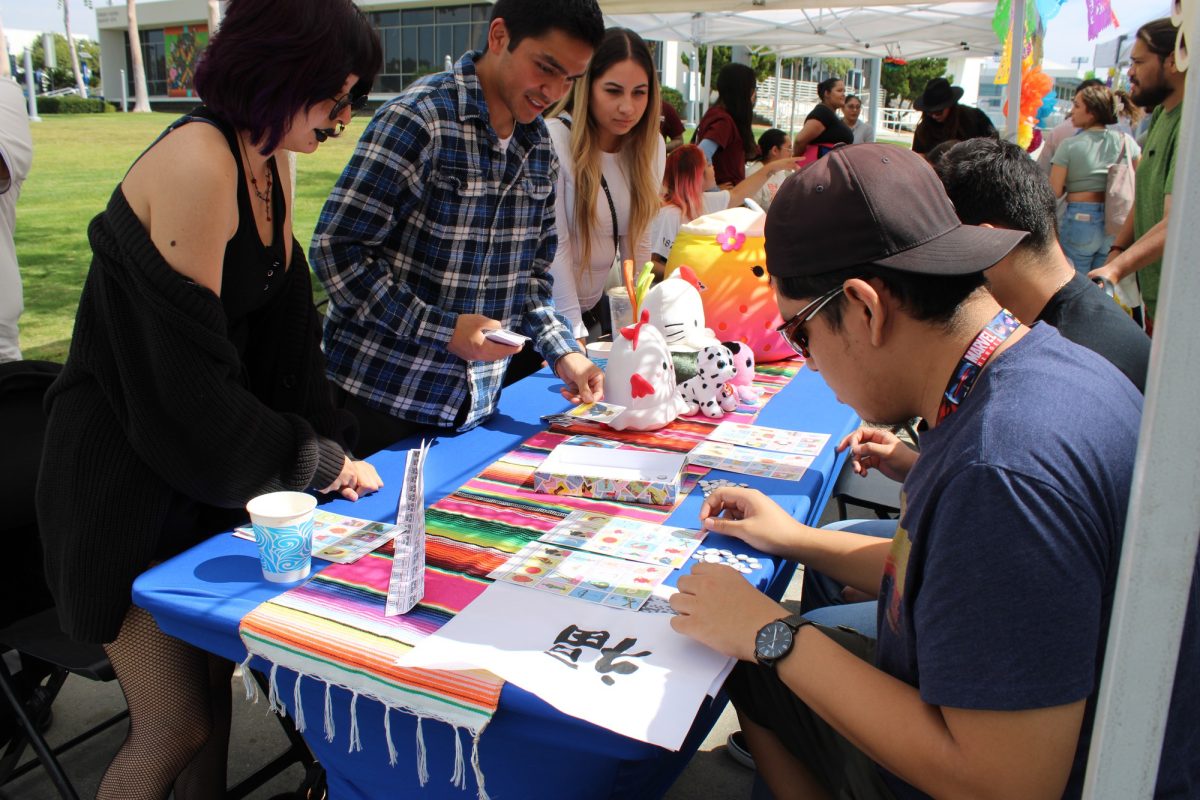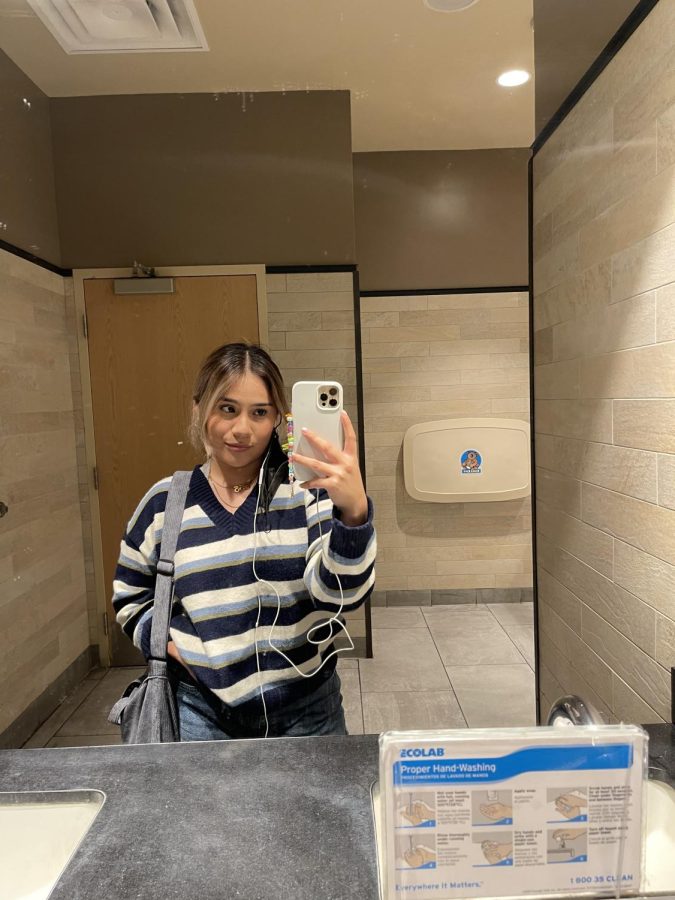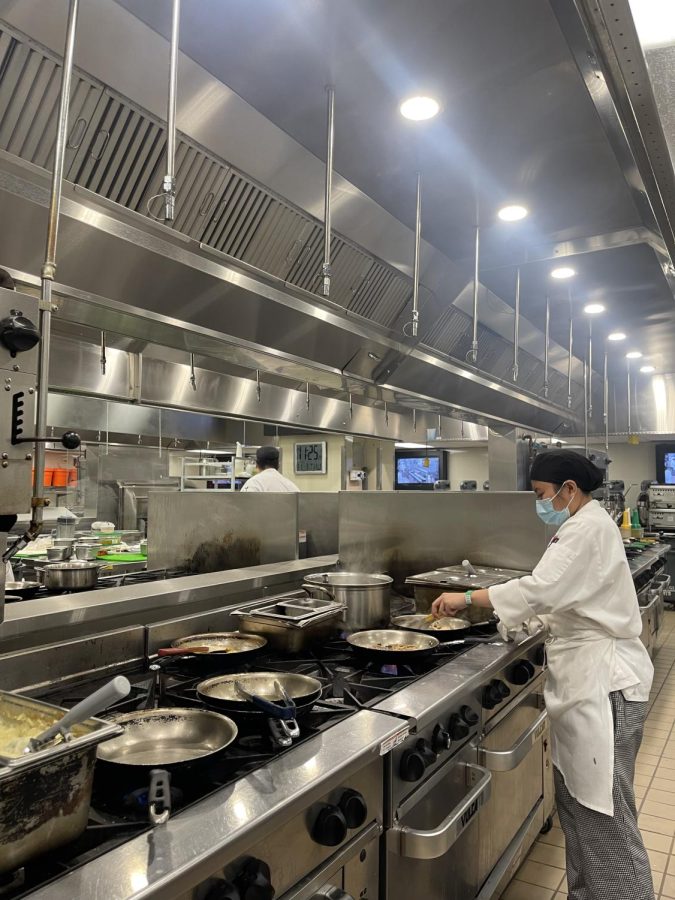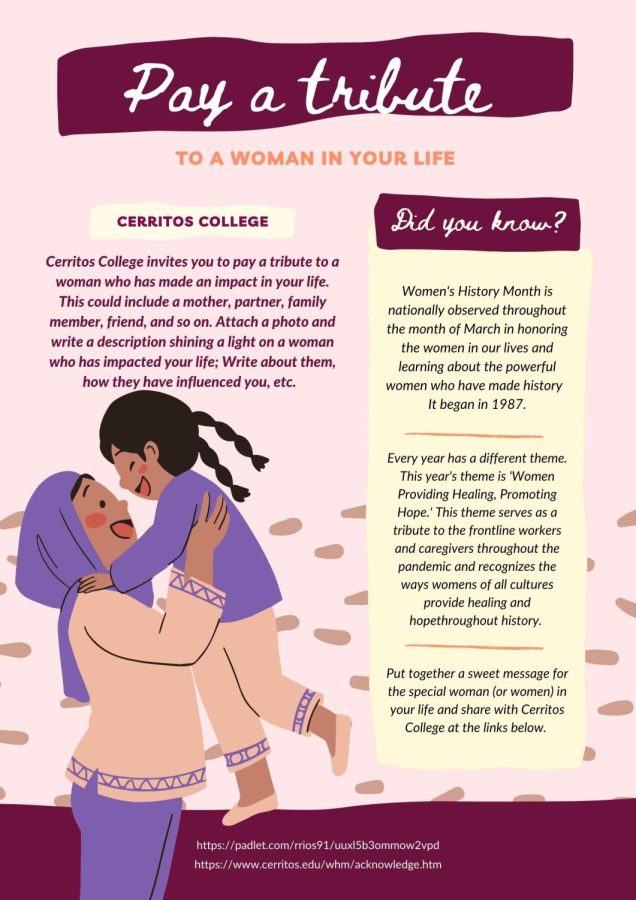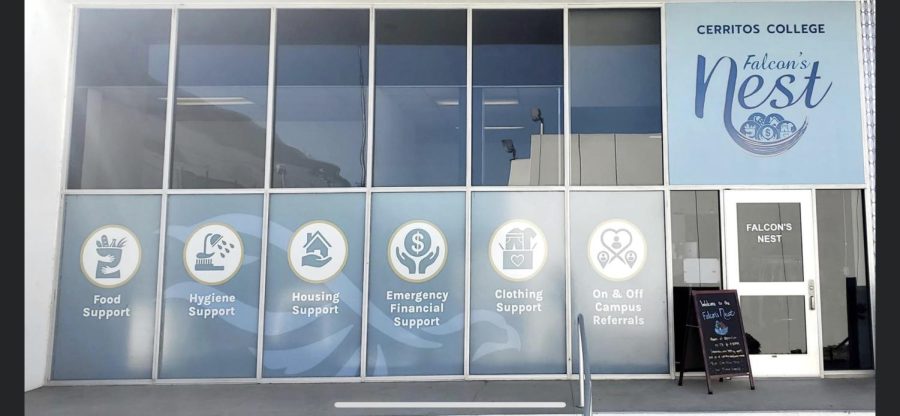Cerritos College’s Safe Zone program held a training session on Friday, Sept. 22 for students to gain skills on becoming allies toward LGBTQ+ students, faculty and staff on campus.
Students that attended the event gained the knowledge and understanding of the experiences LGBTQ+ people face, the ways to support LGBT students as well as faculty and staff and learn about the resources available for the LGBTQ+ community on campus and surrounding communities.
Once students, faculty and staff complete the training, they will be able to handle the role of an ally.
According to Safe Zone, Allies are a great asset for LGBTQ+ people as they can be supportive in the following:
- Being available for students who need to talk about sensitive and serious issues
- Getting educated in the situations LGBTQ+ students may encounter
- Listening and assisting students who face discrimination as a result of their sexual orientation and gender identity
- Being able to refer students resources that will help them become successful in both their social and academic life.
- Continuing to gain more information about LGBTQ+ issues
Safe Zoe, coordinated by English faculty member Lance Kayser, focuses on the principle of Title IX: creating an environment where students feel safe, included and feel confident in their gender identity and sexual orientation.
“The concept has been around for awhile,” Kayser said, continuing, “It started in universities around the country. In 2013, we did our first pilot of Safe Zone with students, staff and faculty and it was great.”
Kayser then explained that the program would later expand into two sessions per semester, one for the students and another for the staff and faculty.
Kayser also stated that the next goal for expansion will be to develop certification on LGBTQ+ studies as it can not only help individuals understand LGBTQ+ culture, but also help students who want more diversity training.
Katie Mishler, program assistant of the Advanced Transportation Technology & Energy, helped the students in training though the use of an interactive situation program called “Kognito”.
“It’s really a good tool to practice the skills you learn in Safe Zone,” she said.
Mishler also explained that the program shows the outcome of the responses allies might say during a confrontation at a student’s remarks toward an LGBTQ+ person.
Students were given the opportunity to listen to the experiences Ashley Gomez, child development major, faced growing up as a bisexual woman.
“Your life is your life,” she said to the students, continuing, “Do it at your own pace and create a safe and civil environment.”
Gomez expressed that opening up a discussion about her experiences will help both LGBTQ+ students and heterosexual students respect each other’s sexual preferences.
Safe Zone will have another training session for staff and faculty members on Oct. 13.
In addition, a writing contest about LGBTQ+ students’ “coming out” process is currently open for entry until Oct. 11.



